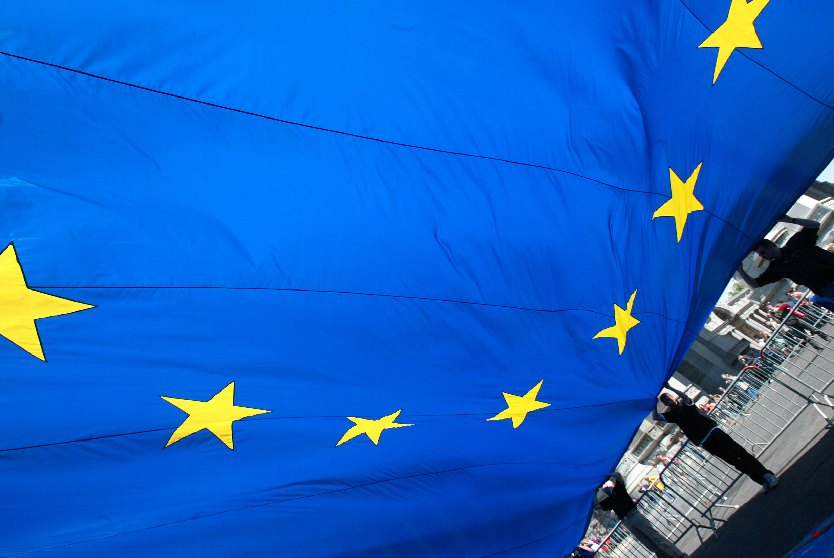The launch of the Disability Rights Advocacy Project for Inclusive Development, a three-year initiative co-funded by the European Union and Christian Blind Mission, marks a pivotal moment for disability rights advocacy in Nigeria. The project, unveiled in Abuja, garnered widespread praise from stakeholders, including the Federal Government, who lauded the EU’s commitment to funding the project, particularly in the wake of the cessation of USAID funding by the Trump administration. This initiative aims to champion the rights of persons with disabilities (PWDs), fostering a more inclusive society where they can fully participate and enjoy equal opportunities.
The significance of the project was underscored by Ayuba Burki, Executive Secretary of the National Commission for Persons with Disabilities. He emphasized the importance of collaborative efforts and inclusive participation in disability programs, stressing that the goal is to benefit all individuals with disabilities. Burki expressed optimism about the project’s potential impact and urged other potential partners to emulate the EU’s commitment, envisioning a future where PWDs can experience significant improvements in their lives. While acknowledging the challenges posed by the USAID funding cut, he viewed it as an opportunity for African leaders to prioritize domestic solutions and resource mobilization for disability inclusion, fostering self-reliance and potentially uncovering innovative approaches to address the needs of PWDs.
Jack Epelle, founder of The Albino Foundation, echoed Burki’s sentiments, highlighting the dual nature of the USAID funding withdrawal. He acknowledged the immediate hardships it creates for ongoing projects and beneficiaries, including potential disruptions to education and food security. However, he also viewed it as a catalyst for self-sufficiency, urging developing nations to invest in their own capacity to address the needs of their citizens, ultimately reducing reliance on external funding. He lauded the EU’s timely intervention in supporting PWD advocacy, particularly at the grassroots level, where direct impact can be maximized.
Bright Ekweremadu, CBM Global Head of Programme Implementation, emphasized the project’s timeliness, especially considering the USAID funding gap. He expressed profound gratitude to the EU for stepping in to support vulnerable populations, describing their commitment as a bold declaration and a testament to their dedication to fostering inclusivity and ensuring that no one is left behind. Ekweremadu emphasized the project’s core aim: to create a Nigerian society where PWDs experience dignity, opportunity, and full participation, addressing the persistent inequalities and often unconscious discrimination they face.
Wynyfred Egbuson, head of the EU delegation, provided insight into the project’s selection process, highlighting the rigorous evaluation of 31 applications. She underscored the urgency of advocating for the rights of marginalized groups, noting that PWDs, estimated to be over 25 million in Nigeria (one in ten Nigerians), are among the most vulnerable, facing stigma, exploitation, discrimination, and exclusion. The EU’s commitment to this project reflects their recognition of the significant work yet to be done to achieve true inclusion and equality for PWDs.
The launch of this EU-funded project signals a crucial shift in disability rights advocacy in Nigeria. While the USAID funding cut presents challenges, it also offers an opportunity for increased local ownership and innovation. The project’s focus on grassroots advocacy, coupled with the collaborative approach between the EU, CBM, and Nigerian stakeholders, promises to empower PWDs, promote their rights, and foster a more inclusive and equitable society. The hope is that this initiative will serve as a model for future collaborations, demonstrating that through partnerships and dedicated efforts, significant strides can be made towards realizing the full potential and inclusion of all individuals, regardless of ability. The project’s success rests on the continued commitment of all stakeholders, including government, organizations, and individuals, to work together to remove barriers and create a society where PWDs can thrive.


